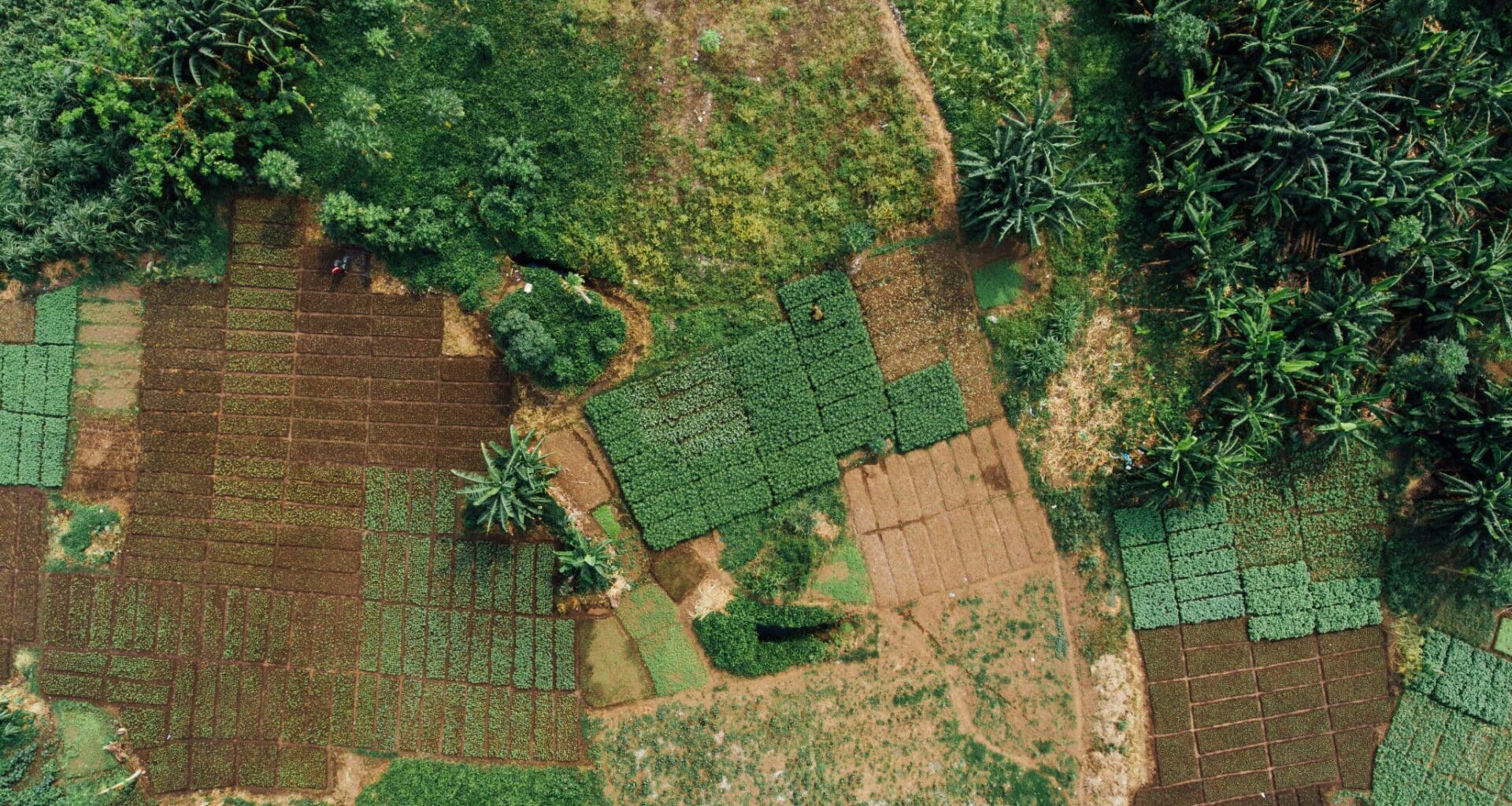Rothamsted is collaborating with the UK-CGIAR Centre and other partners on a new project focused on enhancing the climate adaptation readiness of agricultural systems in sub-Saharan Africa’s savannah regions.
The initiative, A Climate-Smart Agronomy Vision for Adapted Crops and Soils (AgVACS), unites international expertise from CGIAR, the UK, Ghana, and Nigeria to tackle farming challenges in one of the areas most vulnerable to climate change, according to a press release.
Smallholder farms, which make up about 80% of the world’s agricultural holdings and are primarily located in low- and middle-income countries, produce roughly half of the global food supply. These farmers often face low and unpredictable yields and limited profitability due to climate variability, inefficient resource use, and deteriorating soil health. These challenges are especially severe in sub-Saharan Africa, where smallholders regularly confront extreme droughts, flooding, pest and disease outbreaks, and poor soil fertility. The VACS initiative highlights underutilized legume crops as a promising avenue to help farmers better adapt to these climate-related stresses.
“The project team has balanced representation from CGIAR, UK, and the local partners,” said Christine Kreye, the project lead from IITA said. “What’s exciting is the expertise, knowledge, and skillsets each of the partners bring to the consortium.”
The research teams will explore climate-smart agronomic practices and cropping systems as outlined in the VACS framework, in alignment with CGIAR’s Sustainable Farming Science Program. The study will focus on key crops highlighted by VACS, such as Bambara groundnut and pigeon pea. Fieldwork will take place in northern Ghana and Nigeria, regions where cereal-legume cropping systems are prevalent.
This research has the potential to significantly enhance the climate resilience of smallholder farming systems in Ghana and Nigeria, improving the livelihoods of vulnerable and low-income communities. Ultimately, AgVACS aims to serve as a model for broader VACS research initiatives.
“We are delighted to work with colleagues in Ghana and Nigeria to deliver improvements to cropping systems,” Professor Martin Broadley, Science Director at Rothamsted said. “This will make them more resilient to extreme climates, whilst maintaining high levels of productivity and nutritional quality, and improving soil health. The work will help to strengthen science links between UK and West Africa and one of the key UK contributions is in the area of optimising the use of spatial information, from new and legacy data sources, to support our partners develop decision making advice which they provide to farmers.”
Partners include the International Institute of Tropical Agriculture (IITA), Alliance of Bioversity International and CIAT (ABC), The Council for Scientific and Industrial Research–Savanna Agricultural Research Institute (CSIR–SARI) in Ghana, and Bayero University Kano (BUK) in Nigeria plus the Universities of Nottingham and Warwick in the UK.
The UK-CGIAR Centre is funded by UK International Development from the UK government and the Biotechnology and Biological Sciences Research Council (BBSRC).
